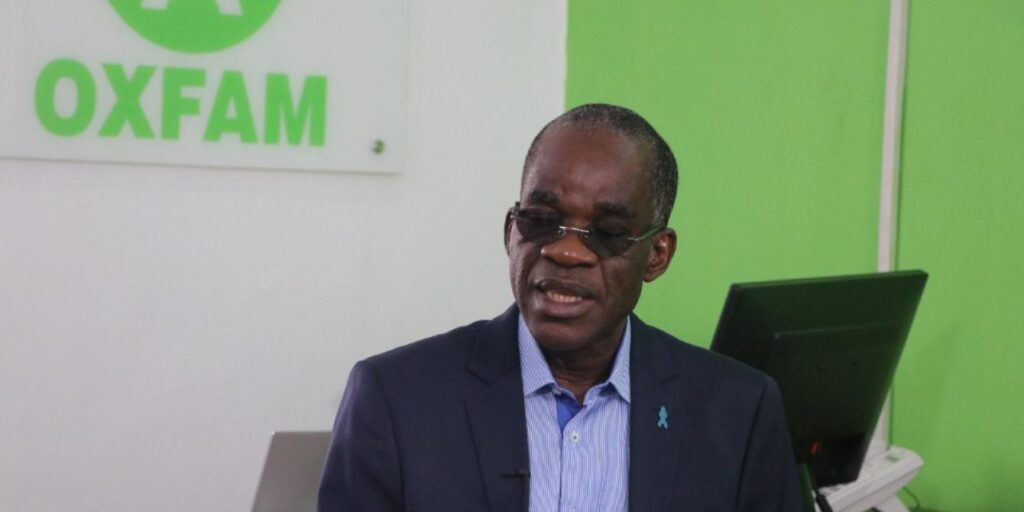Nigeria’s debt servicing is sucking away precious revenues from low levels of public spending – this means the fiscal system is working even less hard to fight inequality.
Over the past five years, Nigeria has spent an average of 49% of its revenue on debt servicing, and in 2020, before COVID, this was expected to be 29% or $6 billion. This amount was almost four times the education and social protection budgets, six times the health budget and 14 times the agriculture budget.
At the start of the pandemic, the World Bank and the International Monetary Fund urged the G20 to set up the Debt Service Suspension Initiative (DSSI). Established in May 2020, the DSSI helped countries concentrate their resources on fighting the pandemic and safeguarding the lives and livelihoods of millions of the most vulnerable people. 48 out of 73 eligible countries participated in the initiative before it expired at the end of December 2021.
The World Bank and the IMF supported the implementation of the DSSI by monitoring spending, enhancing public debt transparency, and ensuring prudent borrowing.
DSSI borrowers committed to use freed-up resources to increase social, health, or economic spending in response to the crisis.
Nigeria government avoided joining debt relief initiatives such as the G20 DSSI and continued refinancing debt service by borrowing new loans
Given the continued negative economic effects of COVID, it remains to be seen whether this policy will be sustainable, and there is no doubt that comprehensive debt relief, if provided in a way which did not undermine creditworthiness, would free up large sums for anti-inequality spending in Nigeria
“Nigeria needs to commence a dialogue with lenders on debt forgiveness, as much more serious measures to reduce inequality are needed as Nigeria recovers from COVID, if the country is to come remotely near reaching the Sustainable Development Goals.” said Dr. Vincent Ahonsi, Oxfam International Country Director.
